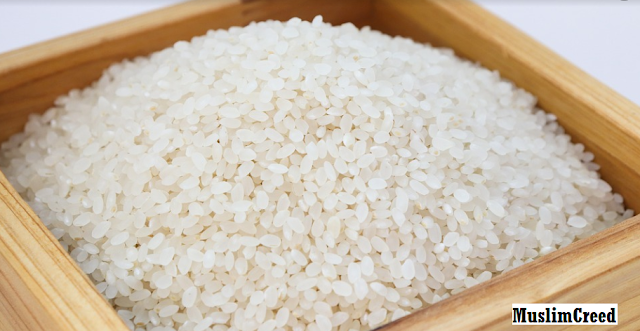Allah SWT commands us to work diligently and earn a living so that the necessities of life can be fulfilled. The Messenger of Allah was a real example. He is known as a very hardworking person since he was a teenager. He is very adept at raising livestock, trading, and farming. People who believe will use the best time to work and worship. Working for sustenance is the obligation of every Muslim, Allah swt is the right of a Muslim who lives lazy.
Our wealth is a gift from Allah swt. We should not say that all our possessions are the result of our own hard work. By saying like this, it means we forget Allah swt. Allah swt is the giver of rexeki for His servants? we must remember that there are other people’s rights in our property. Who are they? They are called mustahik, namely people who are entitled to receive zakat. Zakat must be paid because it is one of the pillars of Islam.
Paying zakat means that we have carried out our obligations as Muslims. According to Islamic teachings, zakat is a form of worship that has a social function. What does it mean? This zakat works to lighten the burden of the poor. With social zakat between the rich and the poor can be reduced. Social gaps that are too sharp will lead to jealousy and social conflict. Indeed, this will endanger the order of people’s lives.
The following is a discussion of the provisions of zakat fitrah
Zakat is a pillar of Islam related to wealth. The meaning of zakat itself in language is to purify. There are two kinds of zakat, namely zakat mal and zakat fitrah.
In the language of zakat fitrah is zakat of purity, according to the term zakat fitrah is zakat that must be issued by every soul/believer in the month of Ramadan. Therefore, zakat fitrah is only carried out from the beginning of the month of Ramadan until the Eid prayer.
Zakat fitrah is signaled by Allah to Muslims in the month of Sha’ban in the second year of Hijriah. The law of zakat fitrah is obligatory for all Muslims, big, small, male, adult, slave, or free.
The obligation to pay zakat fitrah applies to every free Muslim who has an excess of food one day and one night as much as one sha of food with his family. The obligation of zakat fitrah in addition to himself, also all family responsibilities, such as wife, children, and helpers who take care of household chores.
The materials used for zakat fitrah are staple foods, which have filling properties, are widely planted by people, and are durable. The amount of zakat fitrah that must be issued in each soul is one sha ‘or 3.1 liters or equal to 2.5 kg or money for basic food for one soul.
Muzakki (people who pay zakat)
- Muslim
- Experience life in the month of Ramadan. This includes babies born before sunset on the last day of Ramadan. Likewise someone who dies before sunset at the end of the month of Ramadan
- Able to pay zakat, meaning that he has excess assets to meet the needs of his family during Eid al-Fitr.
Pillars of Zakat
- Intention
- The existence of muzakki (people who give zakat fitrah)
- Mustahik (people who receive zakat)
- The existence of assets that are used for zakat fitrah
Time for zkat fitrah
In principle, zakat fitrah is obligatory for every Muslim. When do Muslims pay zakat fitrah? there are several provisions when paying zakat fitrah as well as the law for the perpetrators. There are three laws for paying zakat fitrah for Muslims, namely:
- Ta’jil time
It is permissible to pay zakat fitrah in ta’jil, which is done from the beginning of the month of Ramadan until the last day of the month before sunset (breaking the fast).
- Mandatory time
This mandatory law is intended for Muslims who pay zakat fitrah from sunset (maghrib prayer) until before dawn at the end of Ramadan.
- Prime time (afdal)
The most important time to pay zakat fitrah for Muslims is from the end of the dawn prayer until before the Eid prayer. The Eid prayer that becomes the benchmark is the Eid prayer where we live.
